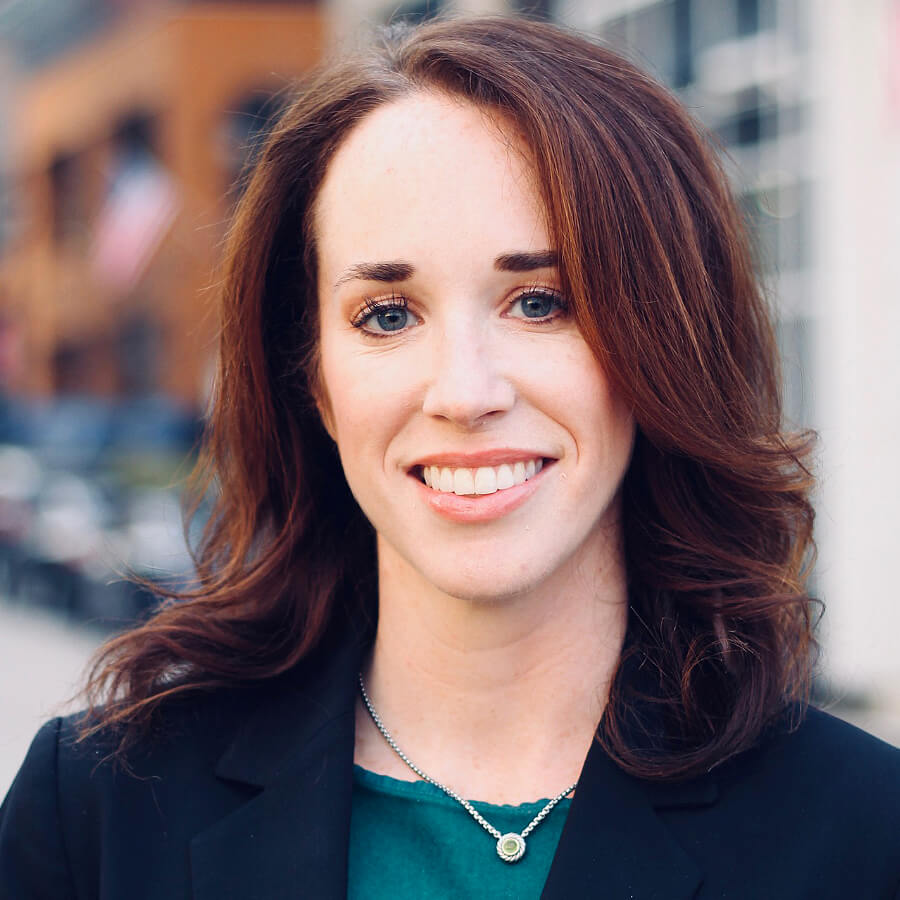A lot is going on here in the US and internationally – and the CBD Association has got you covered! Here are some recent developments:
Will CBD Help in the Fight Against COVID-19? Israel Research Team Seeks Answer
According to Benzinga, last week, InnoCan Pharma announced a collaboration with Tel Aviv University to instill CBD medicine through exosomes — or the small cell structures created when stem cells multiply. The unconventional method will utilize the exosomes as “homing missiles,” as they can uniquely target cell organs damaged by COVID-19. Researchers then believe CBD’s anti-inflammatory properties will repair the damaged cells through a synergistic effect.
A second clinical trial will occur over the coming weeks and includes 10 Covid-19 patients currently undergoing treatment in Israel’s Rabin Medical Center. Doctors will combine traditional steroids and CBD, with the belief CBD will enhance the therapeutic potential of the steroids. The trial, conducted by Stero Biotechs in collaboration with Mor Research Application, already has plans to expand treatment to 40 additional patients should it prove successful.
A third study, launched by Tel Aviv’s Ichilov Medical Center, will investigate whether CBD’s anti-inflammatory properties could lower respiratory symptoms experienced in moderate COVID-19 patients.
Canadian researchers have also announced intentions to study what role cannabis can play in slowing COVID-19. They also believe marijuana’s anti-inflammatory properties could provide a crucial role in potential treatment.
Illegal Cannabis Stealing More than Just Your Market Share
Illegal cannabis grow-ops are contributing to what has been called “electricity addiction,” an ongoing challenge that is leaving legal electric utilities in the U.S. and elsewhere shy millions of dollars annually.
Police in California, for instance, recently busted three illicit operations that were stealing electricity, according to Forbes. The stolen power tally for the busted grow-ops had cash equivalents of approximately $120,000, $88,000 and S$11,000. That is the same electricity amount, about $202,000, as a bigger illegal grow find this past February, writer Robert Bryce notes.
It is a problem throughout the state, the U.S. with electricity stealing having taken place in Florida, Michigan, New Jersey and New York) and around the world.
Gronkowski Back in the Game – Will CBD come to the NFL with him?
As of last November, there was no CBD-specific policy for the NFL, but the league did not allow use of cannabis-derived products. Since CBD products can sometimes contain THC, they would likely be in violation of league policy.
Rob Gronkowski, who retired a year ago, has announced he will return to the Patriots this fall. Shortly after his retirement, Gronkowski signed a lucrative five-year partnership with Abacus Health to promote its products and develop a line of his own products, according to the National Post.
Gronkowski has since issued a statement through Abacus Health Products, Inc., following his retirement: “I’ve taken the recovery process seriously and CBDMEDIC has played a big role in my recovery. Now, I’m glad to share that I’m back in the game!”
Mexico Works Towards “Blood-Free” Cannabis
Cannabis production in Mexico is making a comeback, and this time it’s cartel-free. Independent farmers are now producing high-quality “ethical” weed—without the involvement of the country’s violent cartels.
Last week, , once again, the country’s Supreme Court extended the deadline to green light cannabis, this time until Dec. 15.
For the weed growers, there are pros and cons to the cartel-free business. Without the help of drug trafficking organizations, producers can’t rely on their infrastructure and have to create their own logistical networks, making contact with dealers and then getting their produce to them in cities around Mexico.
Whether a legalized industry can break away from cartels or not remains a big question, but another outcome to consider is how it will influence drug smuggling between Mexico and the U.S., which, of course, continues to this day.
Bill Introduced this Week to Bring Aid to Cannabis Industry During COVID-19: Positive Sign of Changing Mindset but Will it Pass?
Rep. Earl Blumenauer (D-OR) and Rep. Ed Perlmutter (D-CO) introduced legislation this week that would allow cannabis businesses to become eligible for federal assistance in the wake of the coronavirus pandemic. The bill, called the Emergency Cannabis Small Business Health and Safety Act, would allow cannabis businesses, as well as business that provide services to cannabis businesses, to qualify for federal government relief funding through the Small Business Administration (SBA).
Excluding hemp, cannabis businesses are completely ineligible to receive any SBA funding, largely due to the Schedule I status of cannabis (excluding hemp). The SBA currently does not provide any financial assistance to small businesses “engaged in federally illegal activity,” which includes both the Paycheck Protection Program as well as the SBA’s Economic Injury Disaster Loan Program.
While the status of the cannabis industry remains in the “illegal” category under the SBA and various federal aid definitions, it is unlikely this bill will pass. Furthermore, as time runs out, and the SBA runs out of funds to disperse, the cannabis industry will likely be the last to receive aid on the federal level.
Uruguay – The First to Legalize but Slow to Develop
While some countries can’t even decide whether to legalize cannabinoids like CBD (cannabidiol), Uruguay has been way past that for quite some time. Uruguay comprehensively legalized cannabis in 2013.
The initial law might have passed in 2013, but the official commercial program has only been in place since the legal framework was passed in 2017. As of early 2020, these are some of the prevailing points regarding Uruguay’s cannabis use:
- Users can access cannabis in three ways legally: growing their own, buying from a pharmacy, or taking part in cannabis clubs.
- There are over 41,000 registered consumers.
- Over 8,000 home growers.
- 158 cannabis clubs exist with almost 5,000 members.
- As of February 2020, the retail price set by the government for 1 gram is approximately $1.23.
- There are only a few strains to choose from, and none of them have high THC.


